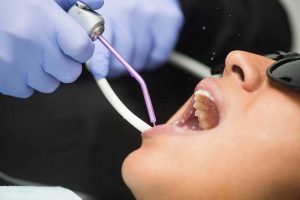The best-rated dentist near me answers popular oral health and teeth cleaning FAQs.
Oral health and teeth cleaning are vital for your oral hygiene. When we talk about oral health and teeth cleaning, we’re not just referring to brushing and flossing your teeth — sure, that’s also important for optimal oral hygiene, but we’re talking about professional teeth cleaning. Oral health hygiene doesn’t just stop with brushing, flossing, and rinsing your mouth regularly — it includes professional teeth cleaning. Experts say you should go for a teeth cleaning session at the nearest dentist at least once every six months — in some cases, however, once a year should be enough. Most people are skeptical of these claims — you may think, “why should I pay a dentist to clean my teeth?” That’s a valid concern, but the truth is that teeth cleaning is a crucial component of preventative dentistry, and it can save money in the long run. In this article, the best-rated dentist near me answers some of the most popular teeth cleaning FAQs.

Why is it important to have my teeth cleaned at the dental office?
Most people think optimal oral hygiene includes brushing your teeth twice a day, flossing regularly, and rinsing your mouth. But that’s not enough — optimal oral health also includes professional teeth cleaning at good dental offices near me. Now, you may be suspicious of these claims, but it’s essential to have your teeth cleaned at a dental office for several reasons, and that’s what we discuss below.
Before discussing the importance of professional teeth cleaning at a local dentist’s office, let’s talk about how bacteria accumulate in your mouth. No matter how well you brush and floss your teeth, you can’t eliminate all the tiny food particles stuck between your teeth, teeth, and gums and in the deep recesses of your mouth. This is especially true for people with malocclusion or misaligned teeth — you may have difficulty removing the bits of food stuck in between your teeth at the back of your mouth.
Over time, the accumulated food particles turn into a white sticky substance called plaque. As more plaque gets in your mouth, it becomes a hard substance called tartar. At this point, you can’t simply remove the plaque and tartar with brushing and flossing. The plaque and tartar attract bacteria, which release an acid that gradually eats away at your dental surfaces and gums. The bacteria slowly dig into your gums and enamel, leading to cavities and gum disease. You may eventually suffer from gum disease and rotting teeth if left untreated.
When you go for regular dental checkups and teeth cleaning, the dentist or dental hygienist examines your teeth for signs of plaque, tartar, and bacterial decay. If they notice any worrisome symptoms, they deal with it immediately, so you don’t need invasive treatments later. That’s why it’s essential to go for regular teeth cleaning at a local dentist near me — it helps prevent gum disease and other serious dental problems.
How can a local dentist near me save my time and energy with teeth cleaning services?
Teeth cleaning is a preventative service — it prevents you from catching severe dental problems, such as gum disease and rotting teeth. As such, if you go for regular teeth cleaning, you can avoid all other dental issues — the local dentist will identify the warning signs before a trial. Preventative dentistry is far cheaper than advanced dental treatments, such as root canals, gingivectomy, etc. Furthermore, most insurance plans cover at least two teeth cleaning sessions and dental checkups per year, and most emergency dental clinics also have reasonable preventative dentistry packages. Going for regular teeth cleanings costs next to nothing, and it saves a lot of pain, distress, and money down the line.
What can I expect from the nearest dentist’s office during teeth cleaning?
During the teeth cleaning session, the nearest dentist’s office does the following:
- The dental hygienist examines your teeth to look for signs and symptoms of gum disease.
- A scalar device scrapes off all the plaque and tartar from your teeth.
- The dentist flosses your teeth.
- The hygienist applies gritty toothpaste and thoroughly scrubs your teeth.
- You have to rinse your mouth with a fluoride solution.
- The dentist applies a fluoride gel over your teeth to prevent bacterial decay.
- If you have signs of gum disease, the dentist discusses the next steps.
How often should I get a professional cleaning?
You should attend at least two teeth cleaning sessions annually, six months apart.
Should I get a dental cleaning before and after teeth whitening?
It would be best to clean your teeth before the teeth whitening procedure. The teeth cleaning session will prepare your teeth and mouth for whitening, ensuring optimal results. Furthermore, it would be best if you shouldn’t interfere with the teeth whitening results after it’s done.
Will teeth whitening work on composites or bonding?
Yes, you can get teeth whitening even if you have composites or bonding. However, the teeth whitening procedure will only make the enamel appear brighter — composite resin can’t be whitened.
How should I maintain optimal oral health?
You can maintain optimal oral health by following these guidelines:
- Brush your teeth twice a day.
- Floss your teeth regularly.
- Rinse your mouth with an antibacterial mouthwash.
- Go for regular professional teeth cleaning sessions twice a year.
Schedule an appointment at a local dentist’s office today.
URBN Dental is one of the best dentist’s offices near me in Midtown Houston, TX. We accept most insurance plans and provide comfortable teeth cleaning sessions to ensure your teeth remain healthy. For more information, please schedule an appointment with a good dentist.


































